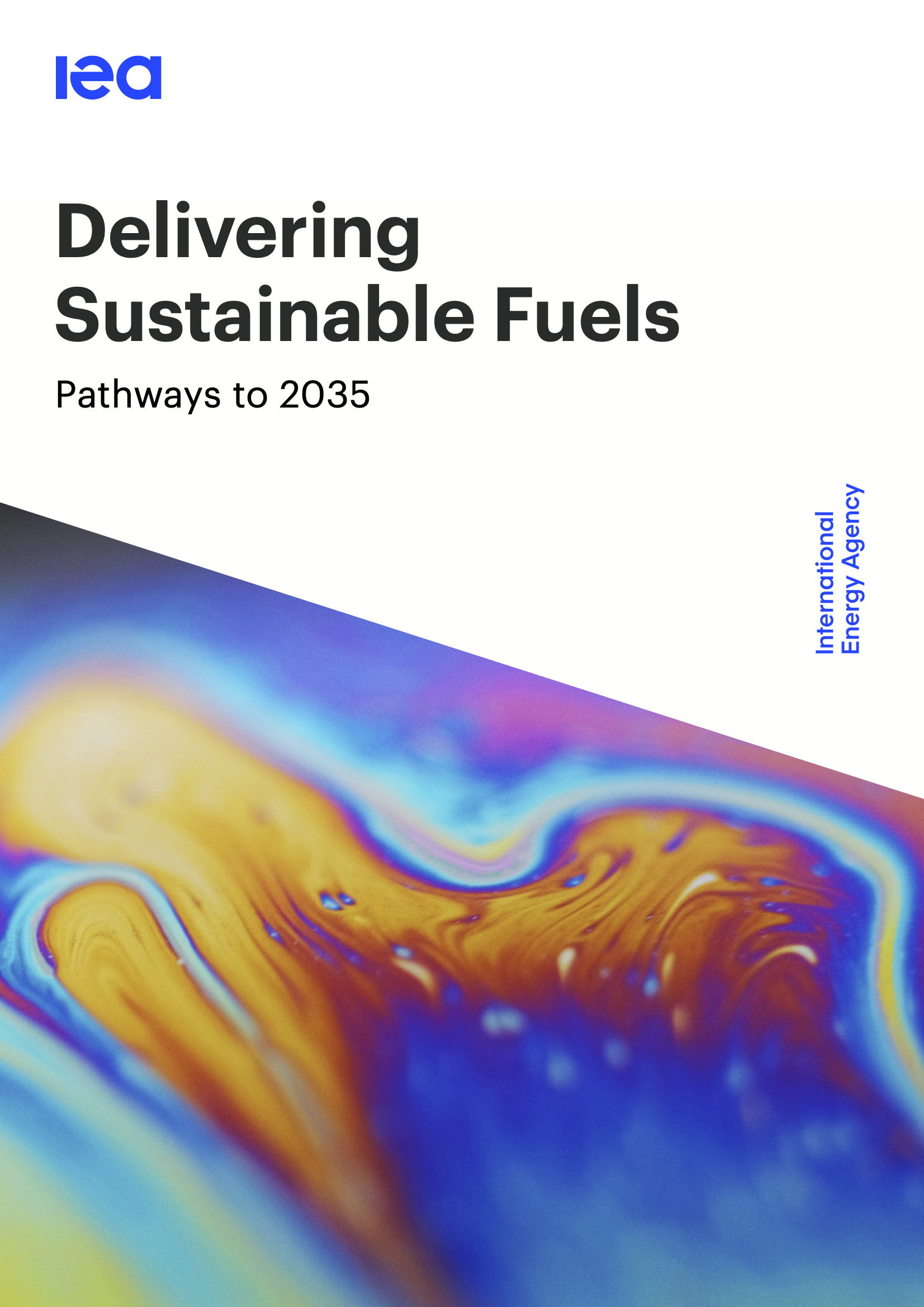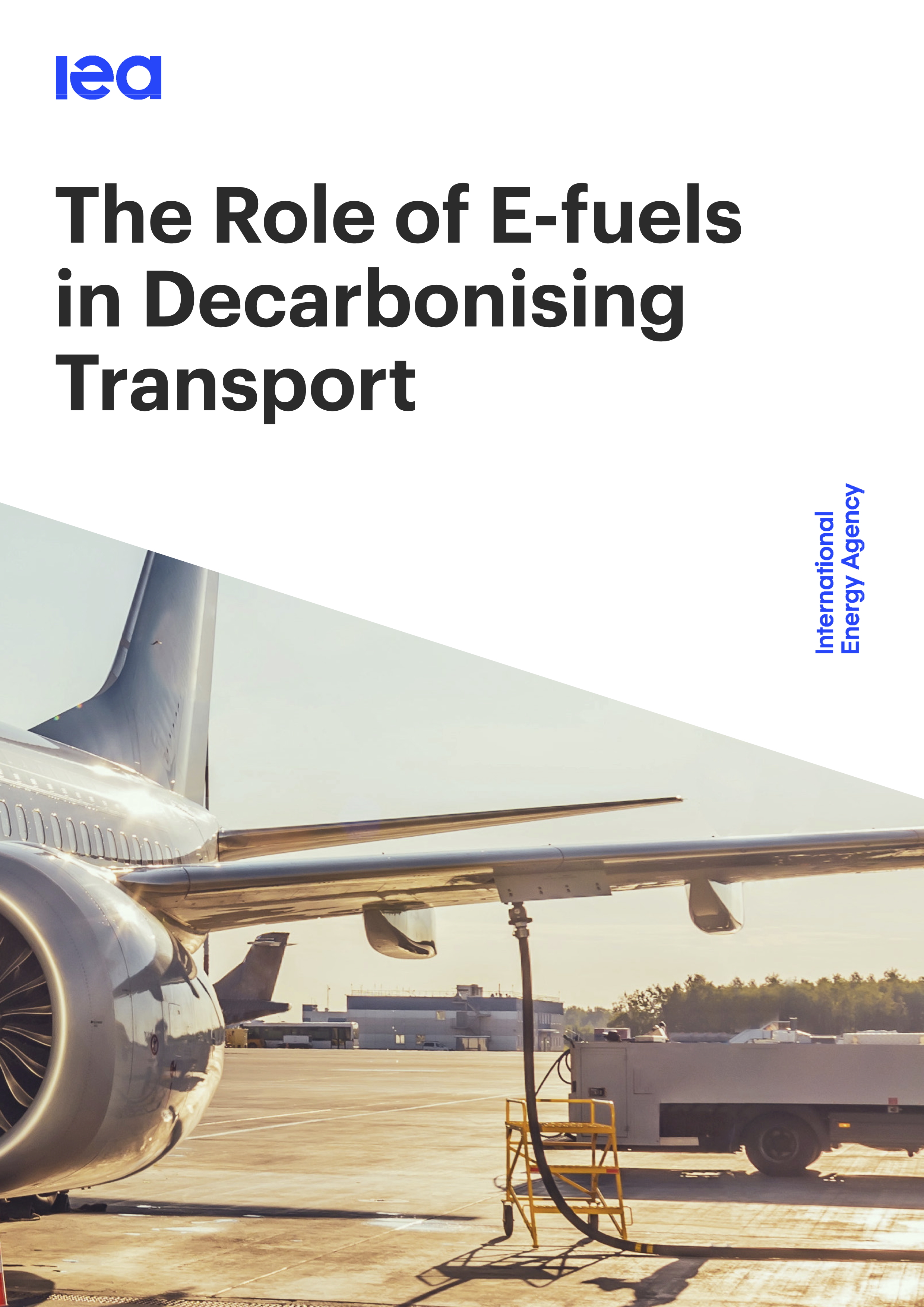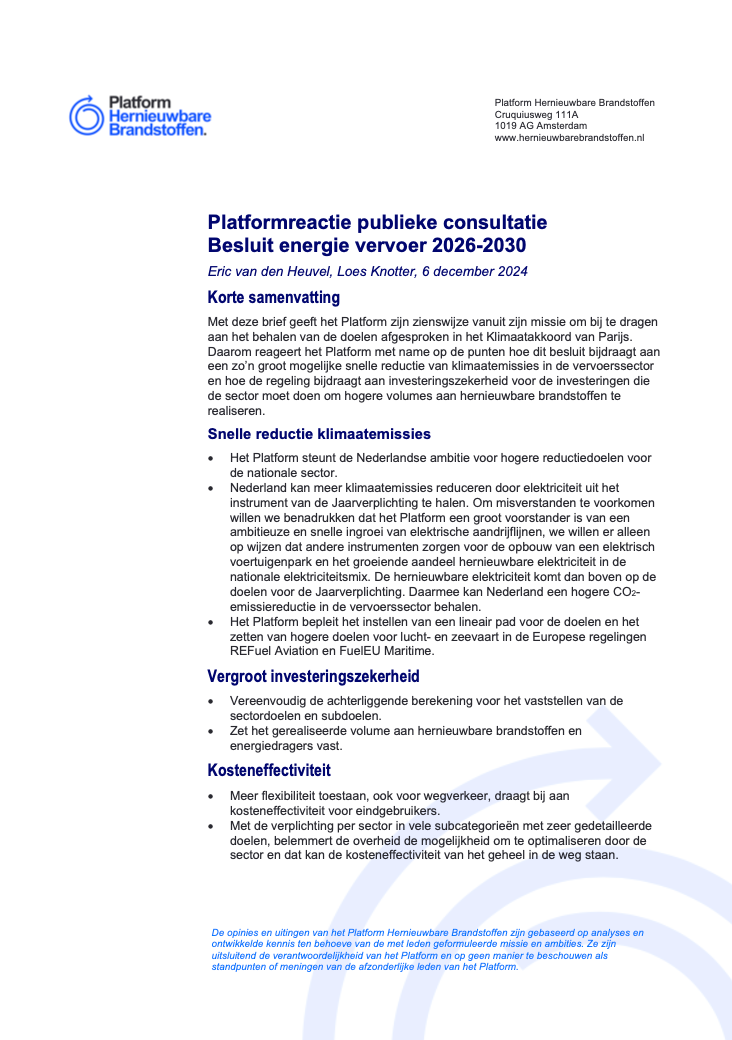IEA Bioenergy: Assessment of Successes and Lessons Learned for Biofuels Deployment | 2023

Last year, IEA Bioenergy Task 39, Task 40 and Task 45 published a report titled “Assessment of successes and lessons learned for biofuels deployment”. This inter-task project assessed the successes and lessons learned for conventional / advanced biofuels deployment with the aim to analyse international progress and experiences to identify approaches that are proving to be most efficient. These can in turn be more widely deployed expeditiously with the goal to decarbonise the transport sector and get it back on track with the IEA’s sustainable development scenario (SDS) goals. The report presents several case studies for feedstock supply chains that have been evaluated from multiple viewpoints. The report brings forward lessons learned from biorefineries and pulp mills using consistent feedstock in Brazil. In addition, it explores European experiences in development of bio-based supply chain for torrefied woody biomass. Furthermore, examples from the United States and their pioneering biorefineries that process traditional feedstock pre-processing for herbaceous feedstocks are also described.
Some of the key messages the report highlights are the following:
- Biofuels will play a crucial role to reach climate targets. Facilitating the shift and scale up of biofuels in the different transport sectors will remain a challenge but substantial cost reduction can be achieved from technical innovations and economies of scale.
- Feedstock quality and feedstock moisture content are important aspects to consider when developing reliable feedstock systems. Mitigation methods such as feedstock blending can help deploy advanced feedstock processing systems effectively.
- A wide array of equipment and collection system exist to harvest and process biomass, modified foragers and/or in-field chopping can provide an effective alternative across different feedstock systems.
- Torrefied biomass presents superior advantages compared to untreated densified biomass. Amongst other, it helps save energy and costs along the supply chain
- Development of sustainability certification schemes and their benchmarking are important and necessitating transparency and verification of the auditing process from qualified professionals to ensure quality and robustness of a certification scheme are vital.
Download the report for more insights on the righthand-side or by clicking here.
Recente artikelen
IEA: Delivering Sustainable Fuels: Pathways to 2035

IEA: The Role of E-fuels in Decarbonising Transport (revised version)

Platformreactie publieke consultatie Besluit energie vervoer 2026-2030


